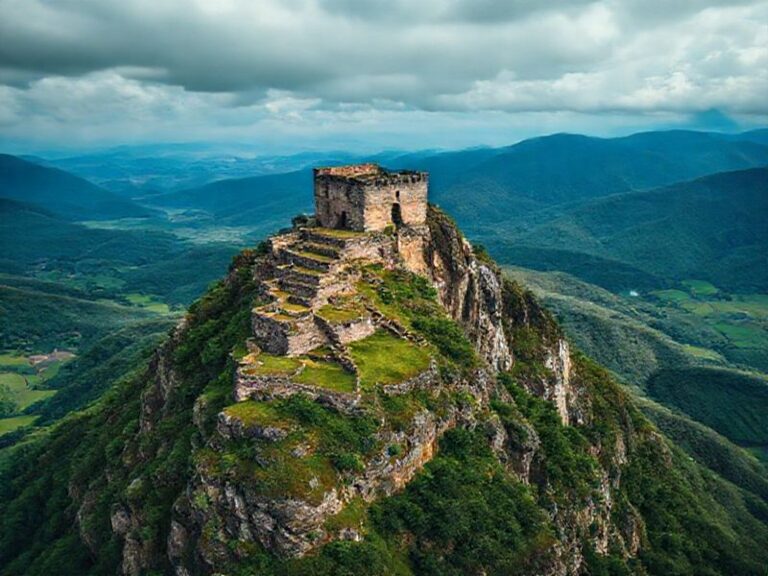Orlando Bloom: The Globe-Trotting Elf Keeping World Peace One Cheekbone at a Time
Orlando Bloom: The Last Global Elf Standing Between Us and Total Cultural Collapse
By the time the sun rises over the Bosphorus, Orlando Bloom has already been pirated in seventeen languages. Somewhere in Jakarta, a bootleg Legolas screensaver flickers across a cracked Huawei monitor; in Lagos, a street vendor hawks laminated wallet-sized photographs of Will Turner next to knock-off Nollywood DVDs. Meanwhile, in a tastefully beige Los Feliz café, the man himself sips an oat-milk cortado, blissfully unaware that his cheekbones are currently propping up the GDP of at least three Etsy economies specializing in “vintage” Lord of the Rings merch.
Bloom is not a movie star in the old, pre-Internet sense; he is a planetary synecdoche, a reusable cultural zip file. His face has become the default avatar for “heroic, slightly androgynous white guy” in every corner of the globe where bandwidth meets boredom. When Kazakhstan’s state broadcaster needs a Western heart-throb for a yogurt commercial, they don’t call Cumberbatch—too angular, too Brexit. They call Orlando, because he is cosmopolitan enough to feel foreign, yet generic enough not to offend. He is, in short, the Tom Yum soup of male celebrities: Thai in name, international in flavor, suspiciously consistent no matter which airport you’re dying in.
The geopolitical utility of Bloom became apparent somewhere between the release of the final Hobbit film and the moment he married Katy Perry, a woman whose own career is basically the Eurovision Song Contest with better orthodontics. Together, they form a soft-power dyad: America’s pop id and Britain’s post-colonial guilt wrapped in a single Instagrammable unit. The United Nations has never officially acknowledged their union, yet UNICEF keeps them on speed-dial for whenever a disaster zone needs a photogenic distraction from structural inequality. Need to draw attention to famine in Madagascar? Dispatch Bloom in a linen shirt; the crisis will trend for a solid six hours before TikTok rediscovers feta pasta.
What makes Bloom fascinating to the jaded international correspondent is his complete acceptance of being simultaneously everywhere and nowhere. He is the Zelig of neoliberal spectacle: photographed paddle-boarding in Malibu one day, gamely posing with Rohingya refugees the next, expression always calibrated to “concerned but hopeful,” as though someone has whispered in his ear that sincerity is just another filter. In an era when national identities are outsourced to Netflix subtitles, Bloom offers a comforting illusion of universality. He is not quite British, not quite Hollywood, not quite human—more a curated mood board of benevolent masculinity.
The irony, of course, is that the more borderless Bloom becomes, the less anyone actually requires him to act. His recent filmography reads like a ransom note cut from the back pages of Variety: a blink-and-miss cameo in a Chinese co-production here, a voice-over for an Emirati theme-park ride there. Meanwhile, the real labor is done by his likeness, endlessly deep-faked into Turkish hair-transplant ads and Brazilian political memes. In the global attention economy, Orlando Bloom isn’t a performer; he is performance infrastructure—less a star than a satellite, beaming pre-approved charisma to regions too weary for nuance.
And yet, for all the snark, one must concede a grudging respect. In a world fracturing into algorithmic tribalism, Bloom persists as a rare point of consensus: a non-threatening palimpsest onto which eight billion anxieties can be projected without anyone pulling a knife. When the last server farm finally melts into rising seas, archeologists will unearth a water-damaged poster of Legolas and think, “Here was a man who managed to be everything to everyone, and therefore nothing at all.” They will not be wrong. But they will still pause, just for a second, struck by those impossible cheekbones—proof that even in the Anthropocene, beauty remains the most efficient form of diplomacy.
And then they’ll probably use the poster to start a fire.







